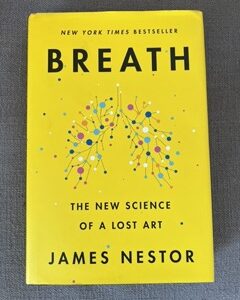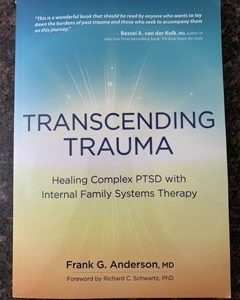Psychology Today just put out a new article where researchers examined the keys to living a satisfying life. Here is what they found:
Lesson #1 The Role of Radical Acceptance: You can’t find the ones you love, so focus on fixing yourself.
This is so important in relationships. If you go into a partnership with another and expect them to be different, the relationship is doomed. Can you let your partner be who they are? Can your partner allow you to be who you are?
Lesson #2 The Beauty of Benign Neglect: It’s more harmful to overparent than to underparent.
This article refers to helicopter parents who are involved in every aspect of their child’s life. In doing this, parents do not trust their child’s capability. In not trusting their child, this ultimately teaches children not to trust themselves as they grow and mature into adults. They need to trust their own ability to overcome obstacles and know from experience that they can handle difficult situations.
Lesson #3 Opposites Don’t Forever Attract: Seek a mate whose values and background echo your own.
They have found that for long-term relationships to work, you want a partner that is similar to you. I know I grew up hearing the saying “opposites attract.” In fact, that is not true. Sharing values, economic backgrounds, spiritual beliefs and closeness in age are some of the aspects that keep a relationship working. They do stress that having some different passions keep the spark alive in relationships.
Lesson #4 Social Networks Matter: The strength of your friendships is as critical for your health as the lifestyle choices you make.
Your relationships to others in life are a key component to having a satisfying life. Bert Uchino, a psychologist at the University of Utah believes that the higher quality relationships that you have, the longer you live. Having physical and emotional connections while in relationship reduces stress and is connected to living longer and healthier lives.
Lesson #5 Lust Diminishes But Love Remains: Being inured to your partner isn’t the same as being out of love.
What do you do after the “honeymoon” stage is over, the lust and romance is over, and you now see the flaws of your partner? It is after this initial stage that deep love comes says Meek at Washington State University. Relationships take work to deepen, to continue to enrich and to evolve.
So there you have it. The five principles for loving, living and playing well! To see the full article, please click the link below.
Source: Psychology Today






